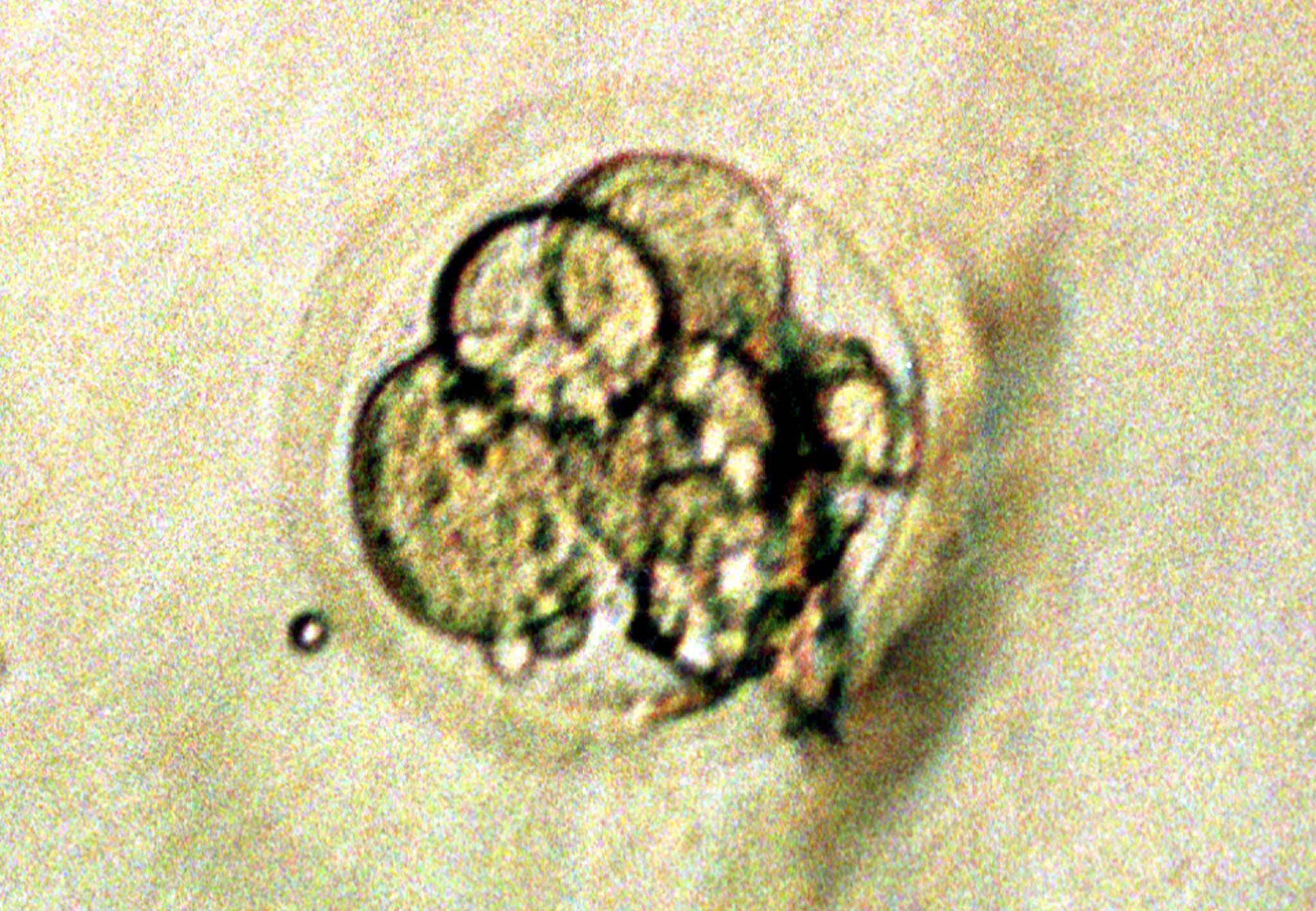
Controversial research on gene-therapy that theoretically could result in children with DNA of three parents is expected to be approved by the U.S. Food and Drug Administration on the advice from a panel of experts. On Wednesday, the Academies of Science, Engineering and Medicine released a report evaluating the new area of research that involves replacing damaged mitochondria in a woman trying to get pregnant with the same cellular material from another woman. Researchers say this technique could help to prevent congenital conditions and diseases in a developing fetus. But critics worry that moving forward with this area of research is a slippery slope into the science fiction world of "designer babies."
The Academies—a private, nonprofit institution that provides independent, objective analysis and advice on science, technology, and medicine to the nation —concluded that it is " ethically permissible as long as significant conditions and principles are met," according to a statement. The FDA requested a report from the Academies; the agency often consults the group when making controversial decisions that could have far-reaching implications in the fields of science and medicine.
The advisory panel recommends that the clinical investigations on mitochondrial replacement techniques (MRT) be limited to women who are at high risk for transmitting a severe mitochondrial genetic diseases to their offspring. The panel also recommends that the technique only be tested in male embryos to "prevent potential adverse and uncertain consequences of MRT from being passed on to future generations." Mitochondrial DNA is only inherited from mothers. This means as adults, male MRT offspring wouldn't be able to pass on to their own children any faulty genetic modifications introduced in the experimental process. If MRT proves to be safe in male embryos, then clinical trials could then be extended to females at a later date, the report suggests.
"In examining the ethical, social, and policy issues associated with mitochondrial replacement techniques, we concluded that the most germane issues could be avoided if the use of these techniques were restricted by certain conditions, rather than prohibiting them altogether," said Jeffrey Kahn, chair of the committee and the Robert Henry Levi and Ryda Hecht Levi professor of bioethics and public policy at the Johns Hopkins Berman Institute of Bioethics in Baltimore, said in a press statement.
The panel also made several other recommendations that include closely tracking the health of any offspring that result from this research and sharing the data; making parents aware of the risks involved in the procedure; and requiring informed consent of all parties involved.
They also suggest nonviable embryos be used in preclinical trials whenever possible. However, in instances when a researcher needs viable embryos to conduct their investigation certain guidelines must be adhered to. In particular, the embryos cannot be placed in a woman if it is for reasons other than advancing this new field of research for what it is intended: lowering the risk for life-threatening heritable conditions. If this is the case, then researchers must limit the number of potential mothers used in the trial and in-vitro fertilization can only be done at the earliest stage of development.
Uncommon Knowledge
Newsweek is committed to challenging conventional wisdom and finding connections in the search for common ground.
Newsweek is committed to challenging conventional wisdom and finding connections in the search for common ground.
About the writer
Jessica Firger is a staff writer at Newsweek, where she covers all things health. She previously worked as a health editor ... Read more
To read how Newsweek uses AI as a newsroom tool, Click here.








